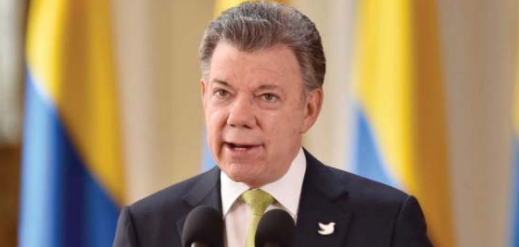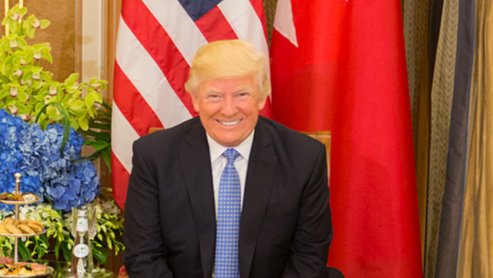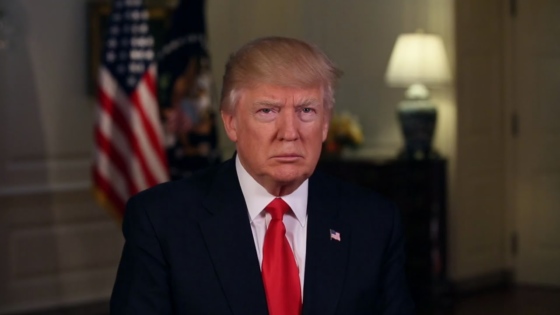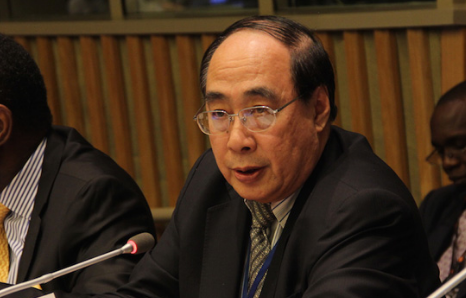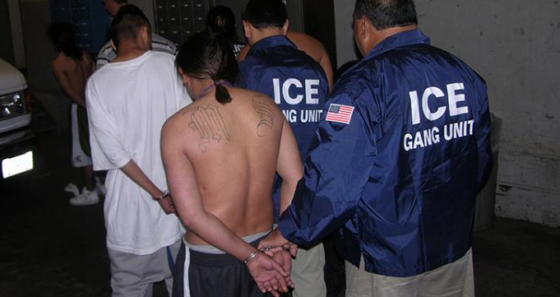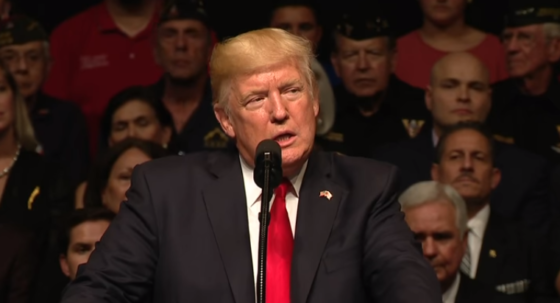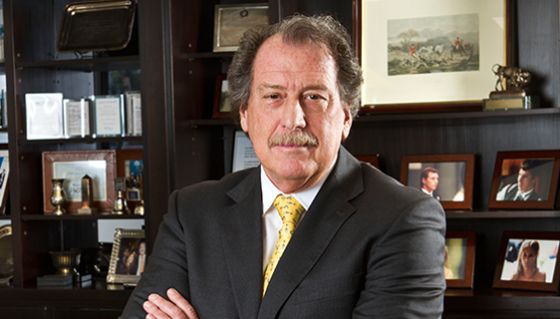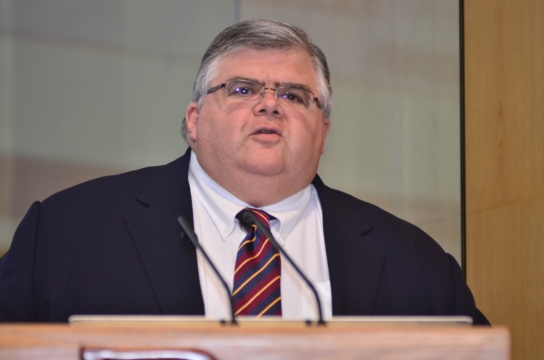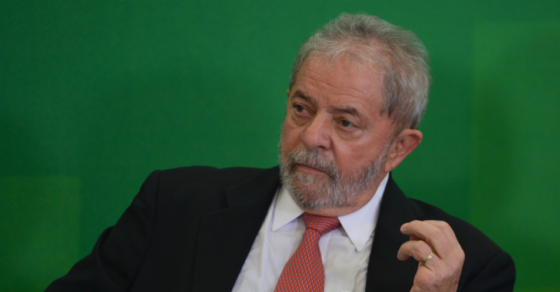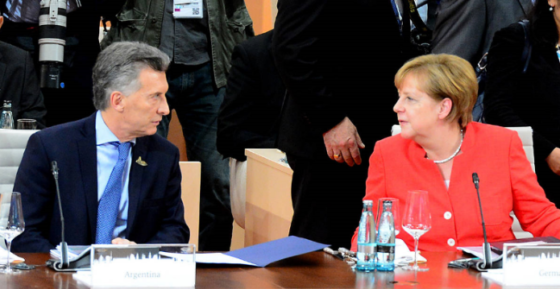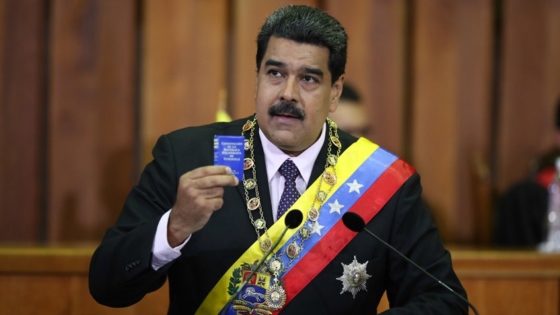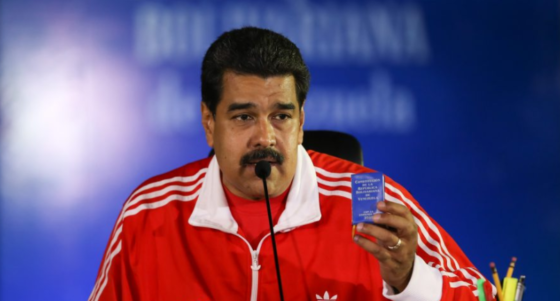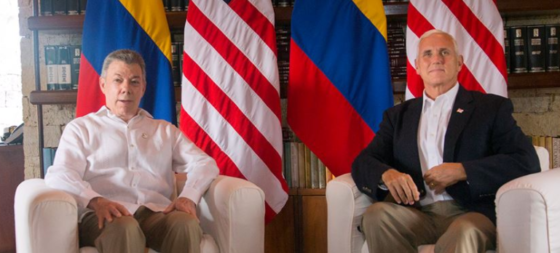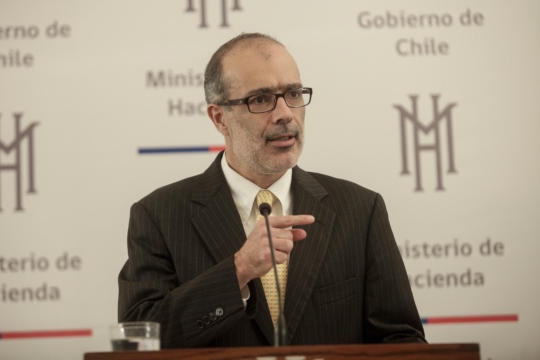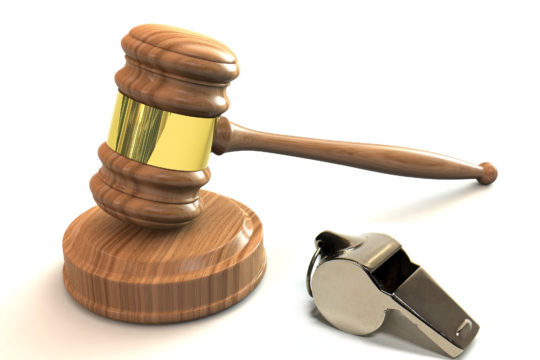
Are Latin America’s New Whistleblower Laws Working?
Our Q&A in the Latin America Advisor with four experts on the state of whistleblower laws in Latin America.
Our Q&A in the Latin America Advisor with four experts on the state of whistleblower laws in Latin America.
In early May, an employee of the United Nations was kidnapped in Colombia by the FARC rebel group during a visit by the U.N. Security Council to support the country’s recent peace accord. The captors are part of a unit of the FARC that has refused to disarm as part of last year’s peace deal. The following week, eight people were kidnapped by the ELN rebel group, but were later released. How is the implementation of the peace accords between the government and the FARC rebel group going?
U.S. President Donald Trump’s 2018 budget proposal contains major cuts to foreign aid, including $140 million in cuts to aid for Colombia, as well as the complete elimination of more than 60 federal programs. What would Trump’s cuts mean for the United States’ role and relations in Latin America?
President Donald Trump announced June 1 that he was withdrawing the United States from the Paris Agreement on climate change. Was this the right move for the United States?
At the first Forum of the Countries of Latin America and the Caribbean on Sustainable Development, participants discussed the United Nations’ sustainable development goals, or SDGs, which include fighting poverty and hunger, as well as improving health, education and gender equality, among others. What are the most important SDGs to prioritize for Latin America and the Caribbean, and what will it take to achieve such goals on a regional scale?
The United States has deported nearly 400 gang members to El Salvador so far this year. In particular, U.S. President Donald Trump’s administration has focused on deporting gang members, leading Salvadoran officials to hold meetings to create plans for handling a likely growing number of gang members in the country. What will be the security and economic effects of increased deportations to El Salvador?
U.S. President Donald Trump on Friday announced a rollback of some parts of former President Barack Obama’s thaw with Cuba by expressly prohibiting tourist travel to the island, restating the importance of the U.S. embargo with Cuba and banning Americans from conducting financial transactions with companies under the control of Cuba’s military. What is the significance of the changes for Americans and for U.S. businesses?
Argentina’s Banco Macro in May approved a plan to sell 74 million shares in order to raise enough capital to buy Banco Patagonia, which has a market value of approximately $1.97 billion, and which Banco do Brasil currently owns. To what extent is the development indicative of a trend of consolidation in Argentina’s banking sector?
Mexico’s unemployment rate fell to a lower-than-expected 3.56 percent of the economically active population in May, the lowest unemployment reading since December 2007, according to data released on June 26 by state statistics agency INEGI. On June 22, Mexico’s central bank, led by Agustín Carstens, raised its key interest rate but hinted that it may be the last hike in its current tightening cycle. Are Mexico’s economic indicators showing signs of promise?
Former Brazilian President Luiz Inácio Lula da Silva on July 12 was convicted and sentenced to nine and a half years in prison in connection with the massive corruption scheme involving state-run oil company Petrobras. He has denied wrongdoing, and his lawyers have vowed to appeal. What does Lula’s conviction and sentencing mean for his political future and that of his Workers’ Party?
The Latin American G20 member countries have historically struggled to put forward a common platform, analysts have noted, which has led to difficulties in incorporating Latin American priorities into the larger agenda of the summit. How well were the interests of Mexico, Argentina and Brazil represented in Hamburg?
The administration of U.S. President Donald Trump is mulling possible sanctions on Venezuela’s energy sector, including on state-run oil company PDVSA, Reuters reported in June. Approximately 8 percent of U.S. oil imports in March came from Venezuela, the third-largest oil supplier to the United States. What would happen if the United States stopped buying oil from Venezuela?
The 545 delegates of Venezuela’s powerful “constituent assembly,” which will have the ability not only to rewrite the country’s Constitution, but also to overrule other government institutions, began receiving their credentials in early August. The opposition and several foreign governments widely denounced Sunday’s vote to elect the body, which President Nicolás Maduro says is needed to solve the country’s political and economic crises, but opponents see as an effort by Maduro to increase his power. Has Venezuela become a dictatorship that is sliding into civil war, as some analysts have asserted?
U.S. Vice President Mike Pence last week visited South and Central America, where he sought to reassure the region following comments from President Donald Trump of a possible military intervention in Venezuela, as its government teeters on the brink of dictatorship. Was Pence successful in his damage-control efforts following Trump’s threats of military intervention?
Chile’s finance, deputy finance and economy ministers resigned on Aug. 31, dealing a blow to President Michelle Bachelet’s government. What was behind the resignations?
